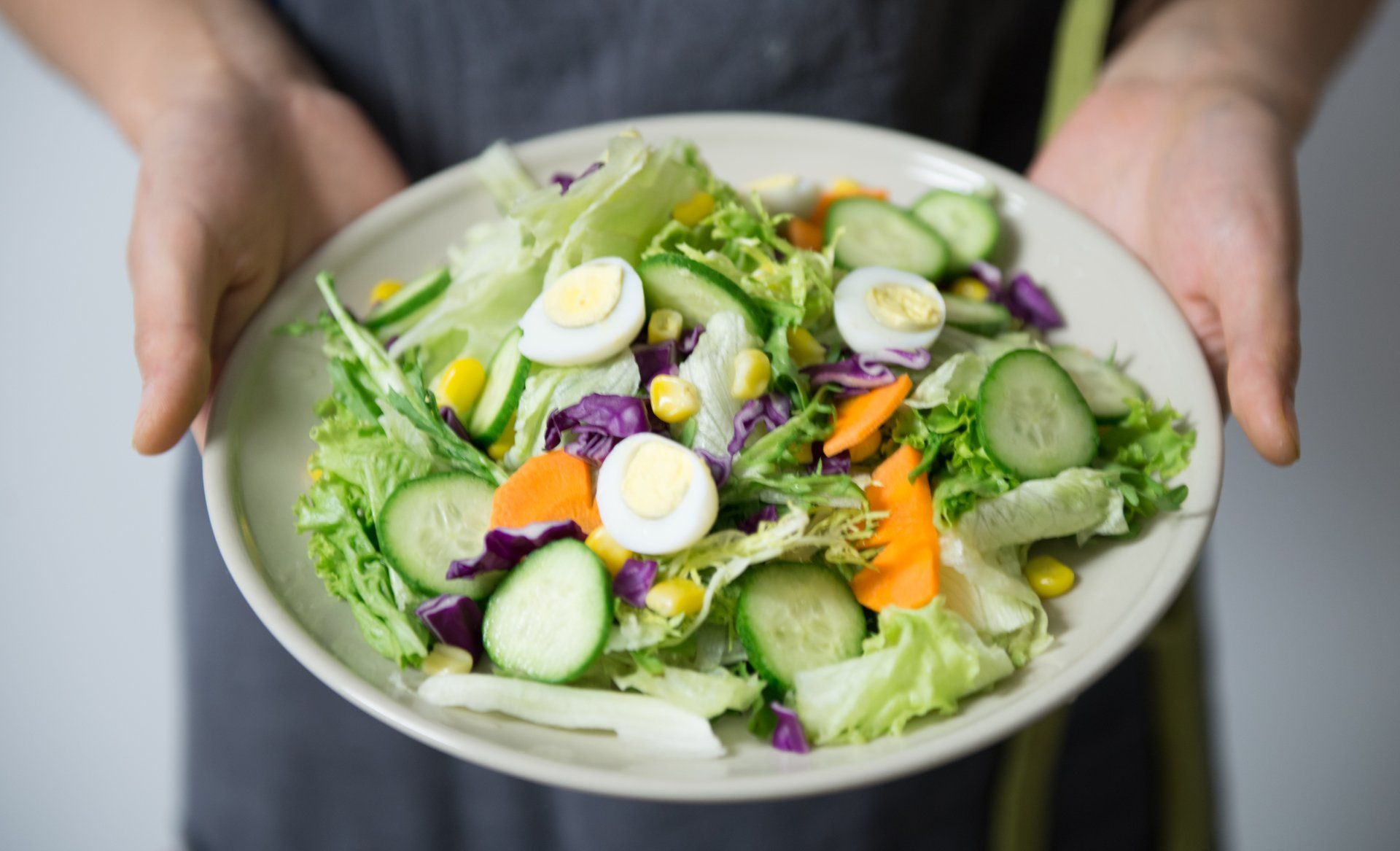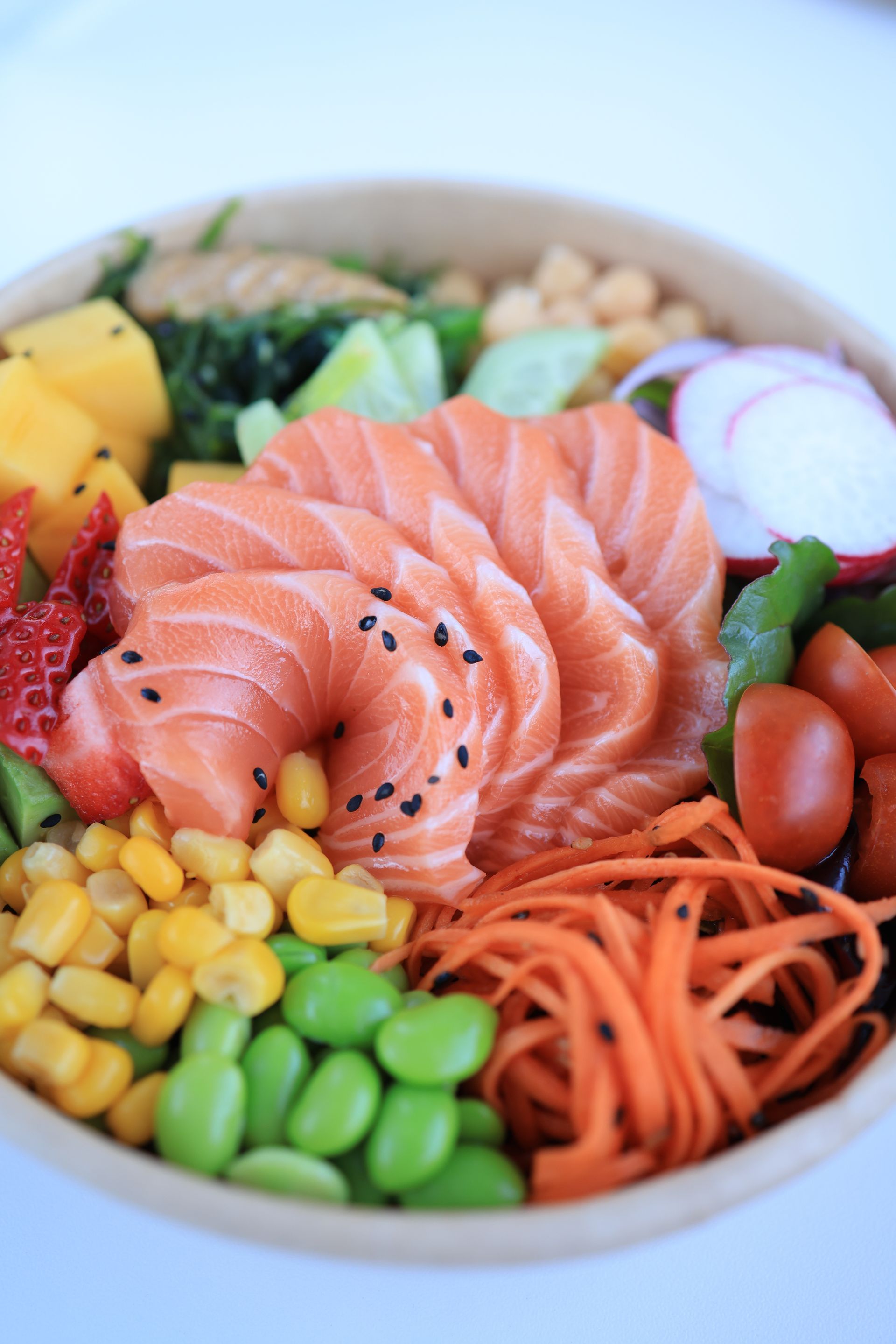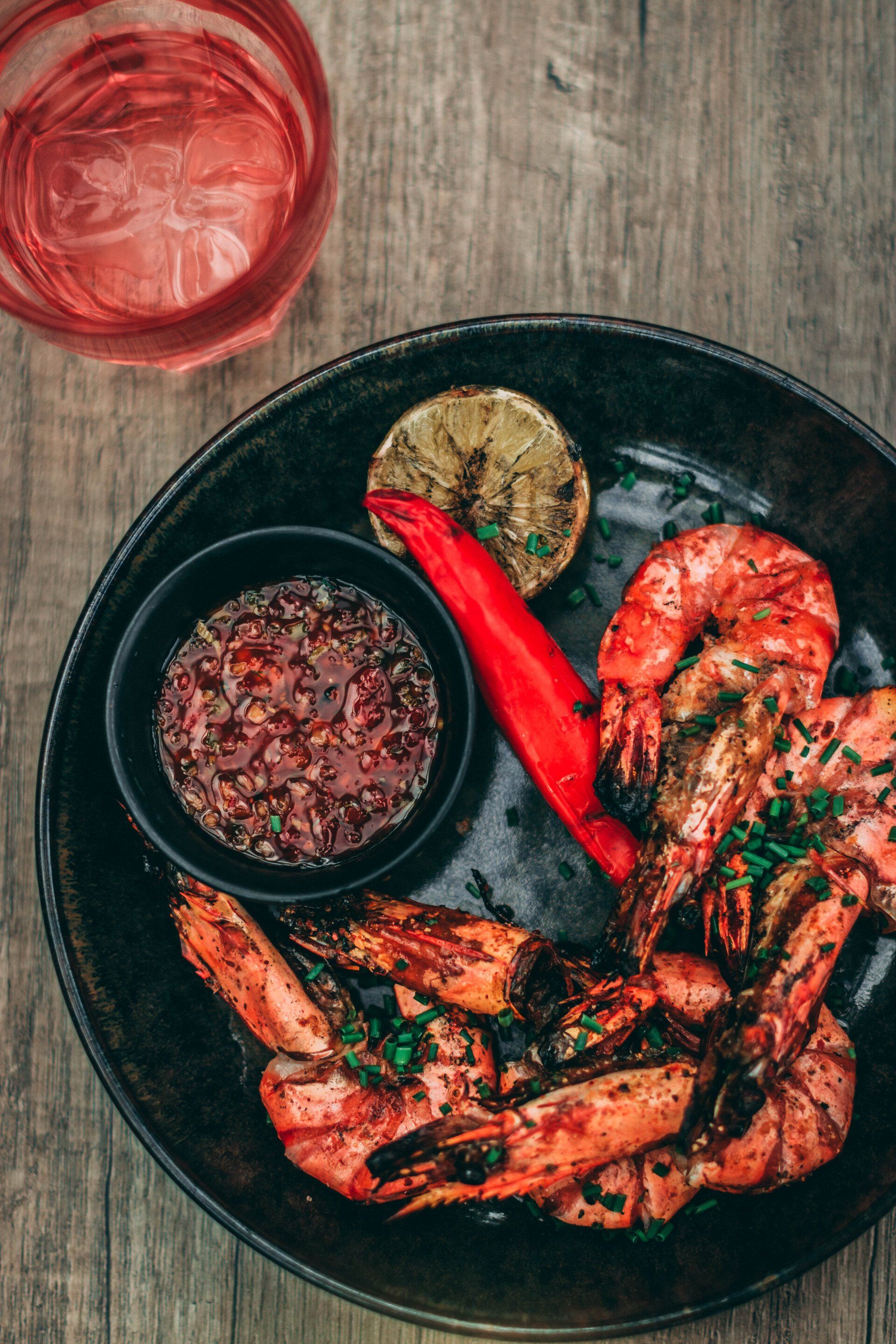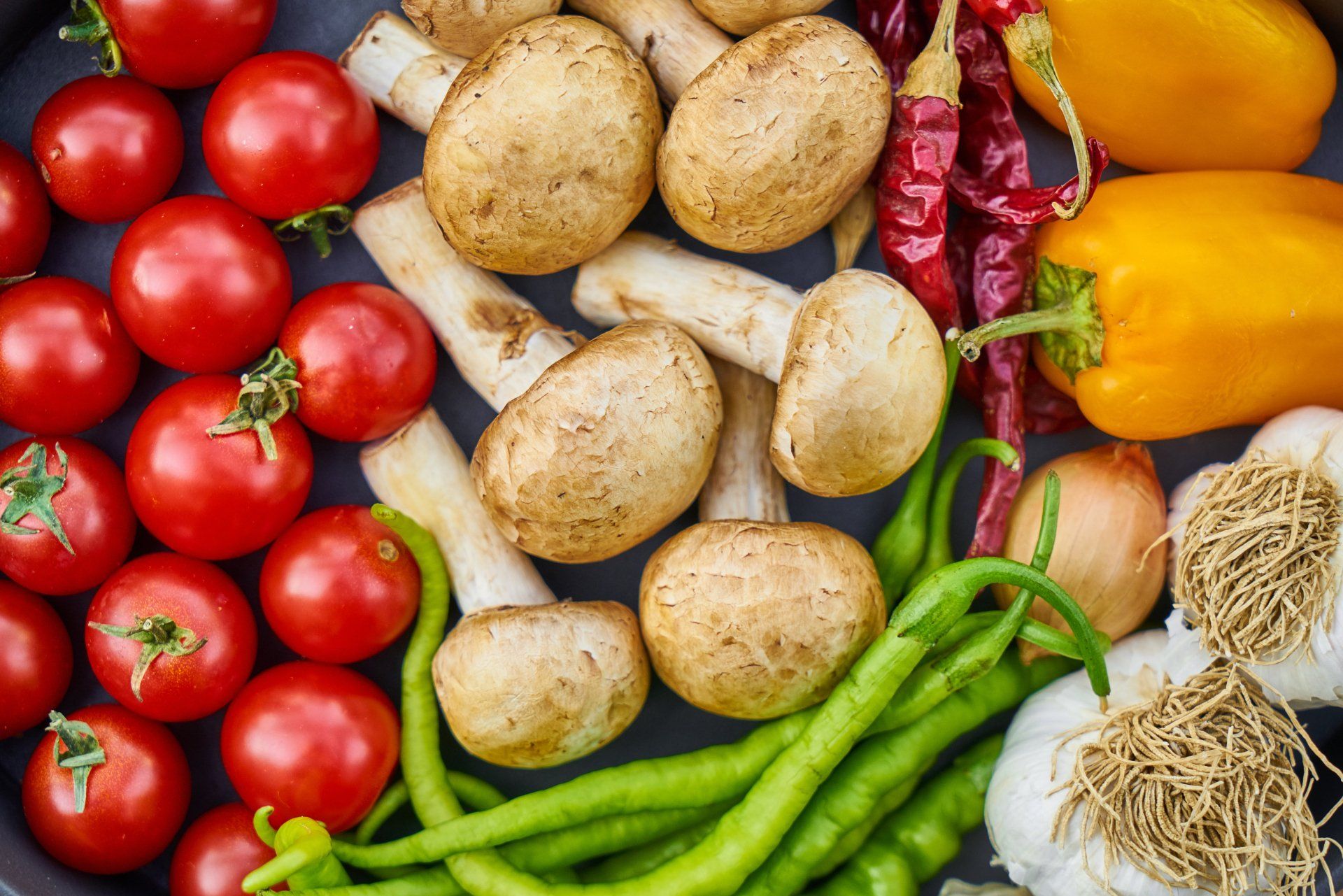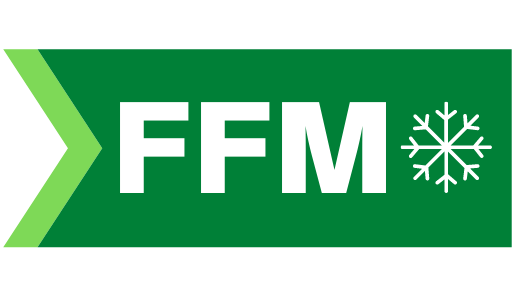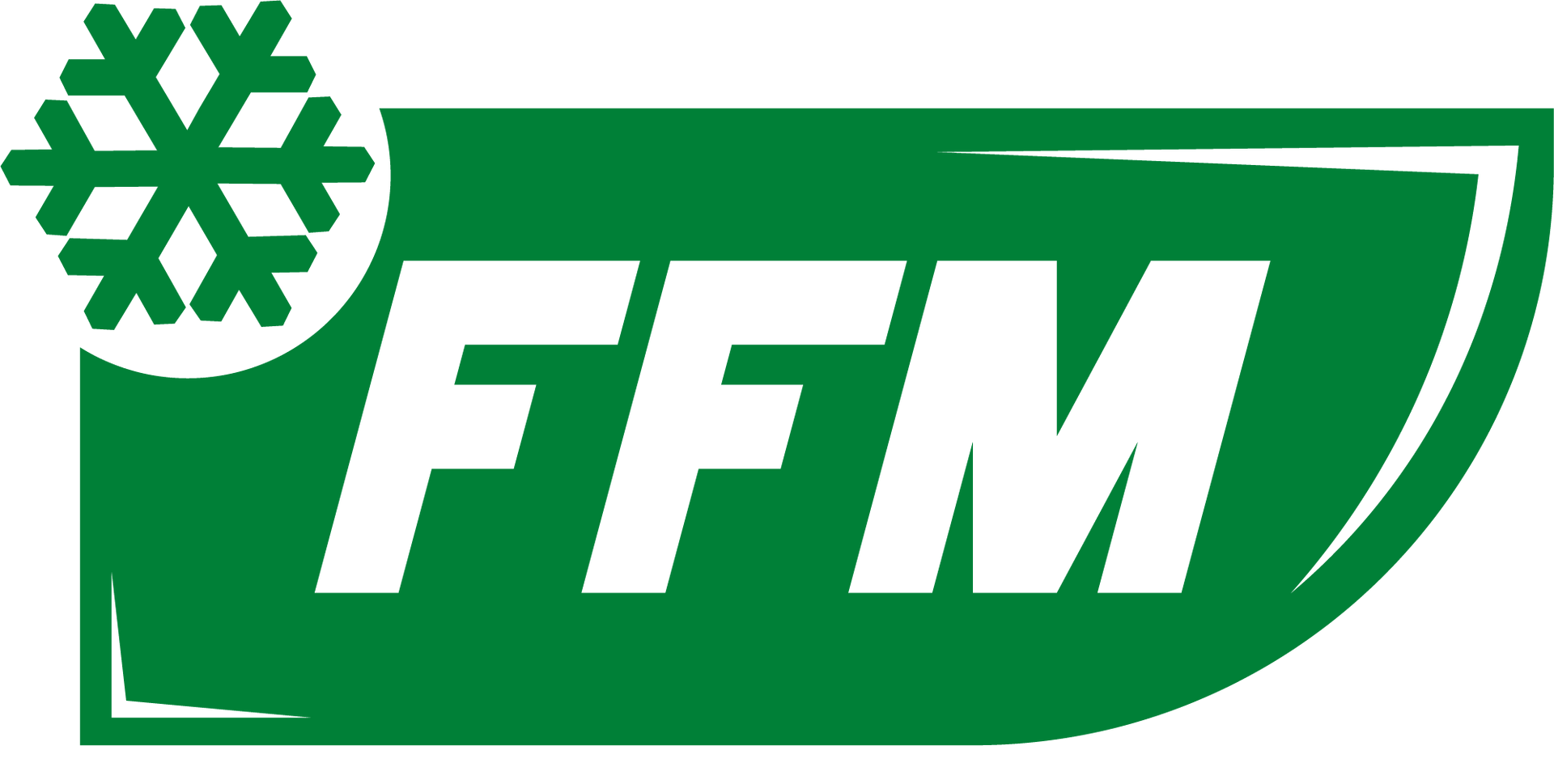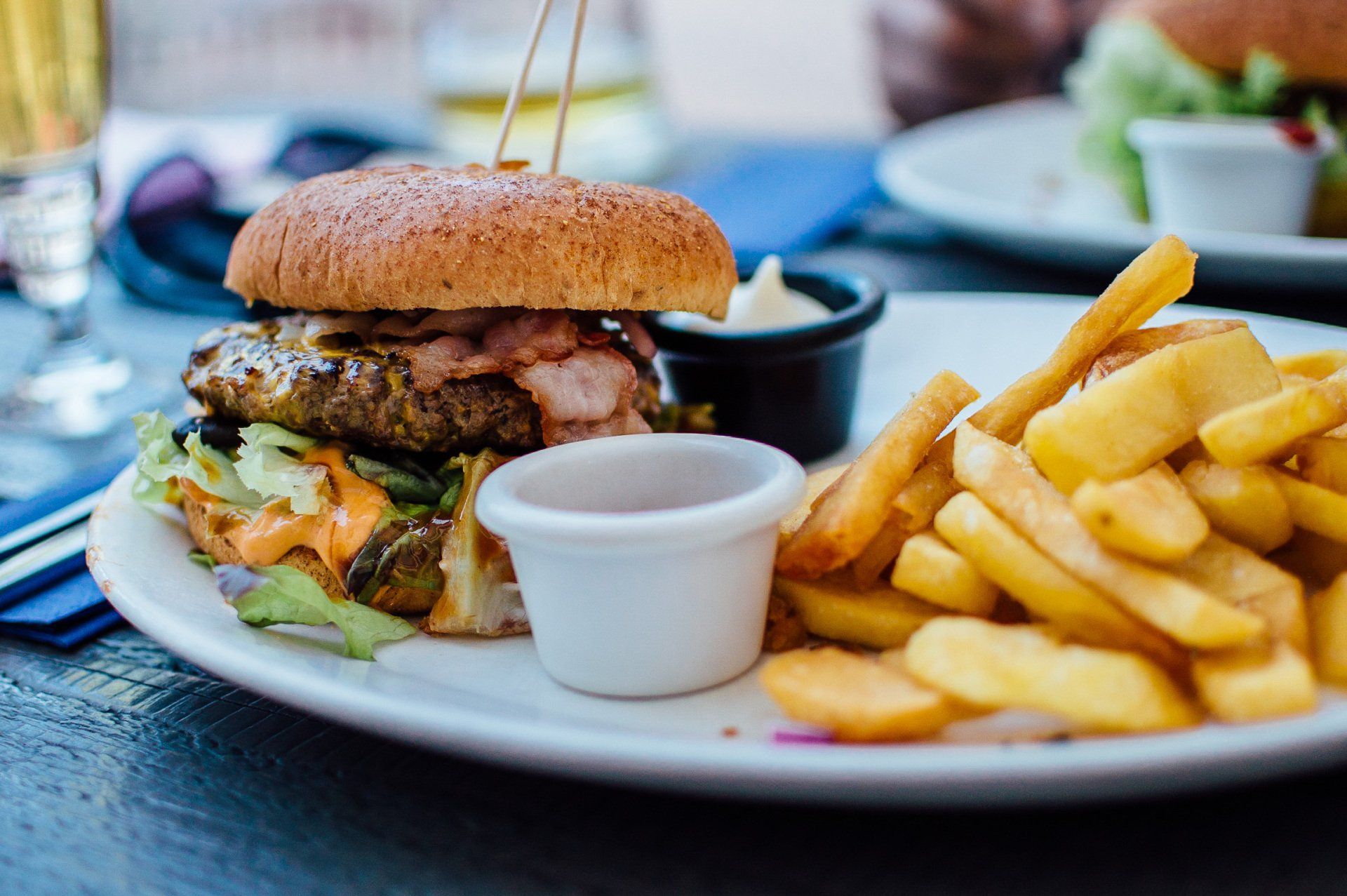Private Label Foods Promote Environmental Responsibility
In recent years, private label foods have been making waves in the frozen food industry. It's not just budget-conscious shoppers who are flocking to store brands anymore – consumers of all backgrounds are choosing private label foods over name-brand options. So why the sudden surge in popularity?
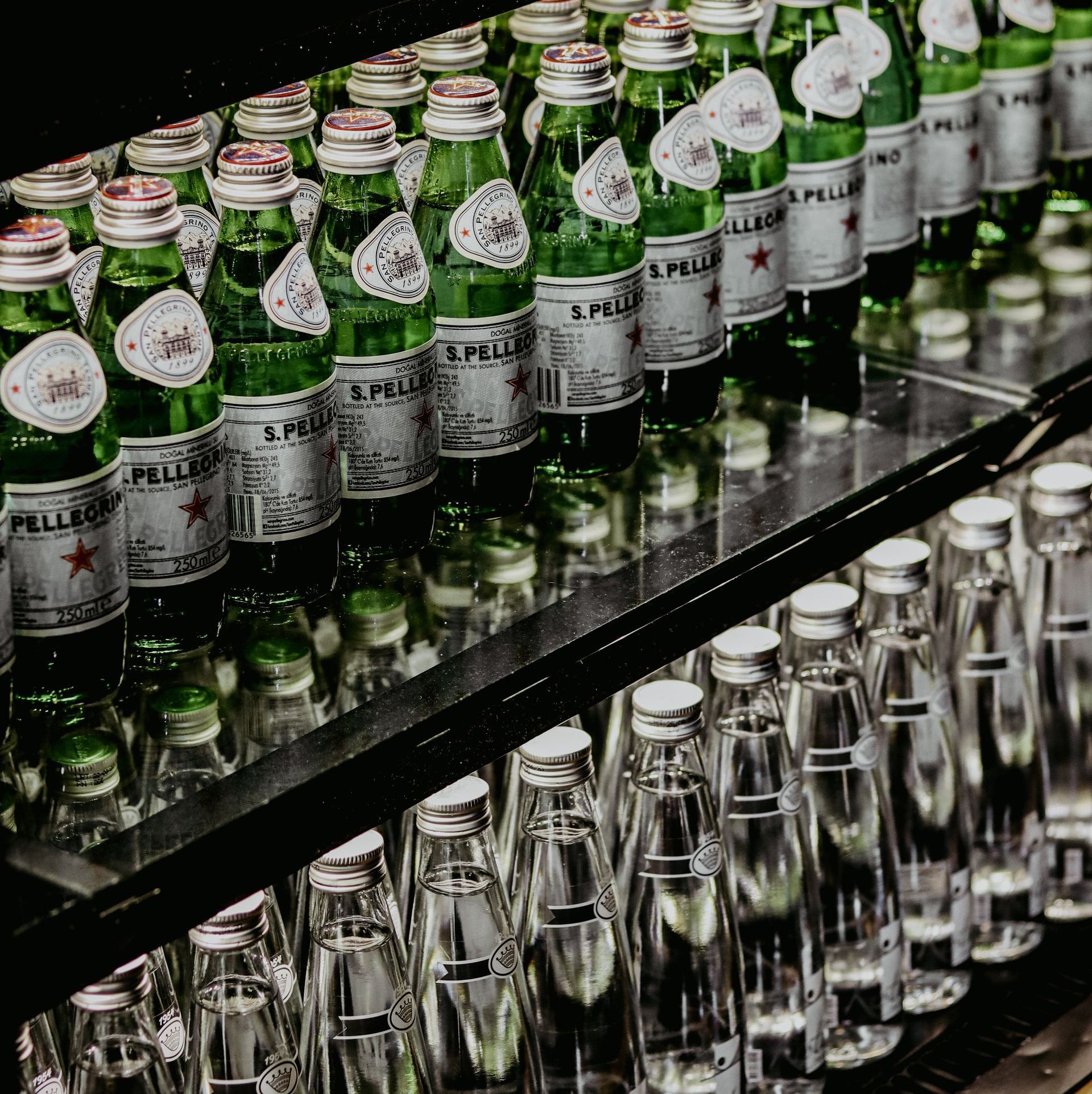
Private label foods are a sustainable choice and in this article, we will discuss how private label foods promote eco-friendliness.
Eco-friendly packaging
One of the significant ways that private label foods are promoting environmental responsibility is through the use of eco-friendly packaging. The conventional packaging products have been identified as one of the key contributors to land pollution. Private label food suppliers are now focusing on incorporating greener alternatives in their packaging materials such as recyclable paper, biodegradable plastic, and other compostable materials. This eco-friendly packaging is not only environmentally responsible but also reduces the carbon footprint of the product.
Use of locally sourced ingredients
The use of locally sourced ingredients is another strategy employed by private label food suppliers in promoting environmental responsibility. By sourcing products locally, the carbon footprint of the products is reduced, reducing the transportation cost and greenhouse gas emissions. Additionally, sourcing locally also promotes local economies and strengthens the community where the product is made.
Sustainable farming practices
Sustainable farming practices such as organic farming, crop rotation, and eco-friendly pest control are some of the ways private label food suppliers are promoting environmental responsibility. Private label foods are being sourced from farmers who are using sustainable farming practices that conserve resources, preserve biodiversity and enhance the environment rather than harm it.
Waste management strategies
Another way private label food suppliers are promoting eco-friendliness is through minimizing food waste with innovative waste management strategies. The supply chains are utilizing zero-waste systems, focusing on reducing waste, composting, and upcycling, rather than throwing food away.
Social responsibility
Finally, private label food suppliers are promoting eco-friendliness through social responsibility. This means that they are actively engaging with their consumers and communities to promote responsible behavior towards the environment. Private label food suppliers are constantly striving to raise awareness about climate change and cut down on emissions by implementing responsible environmental practices.
In conclusion, private label foods are an excellent choice if you’re looking to promote environmental responsibility. Private label food suppliers are dedicated to sourcing products that are environmentally friendly, utilizing sustainable farming practices, incorporating eco-friendly packaging materials, and reducing food waste through innovative means. By choosing private label foods, you are not only choosing a product that is high in quality and value, you are also promoting a greener choice for the planet. Make a sustainable choice today by choosing private label foods.


